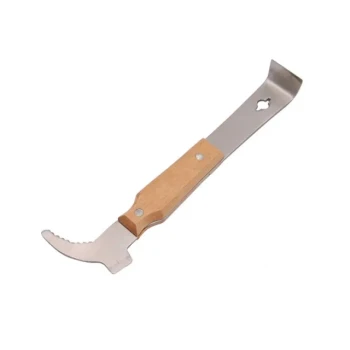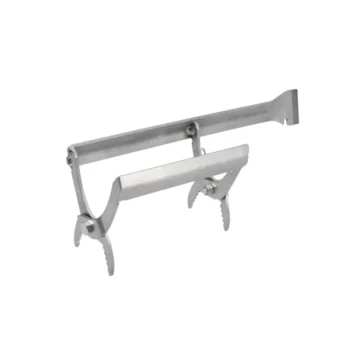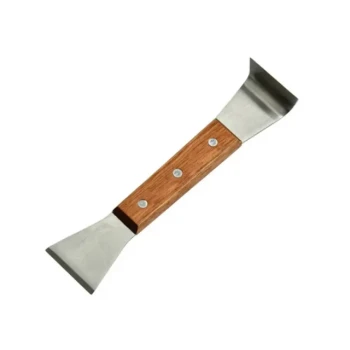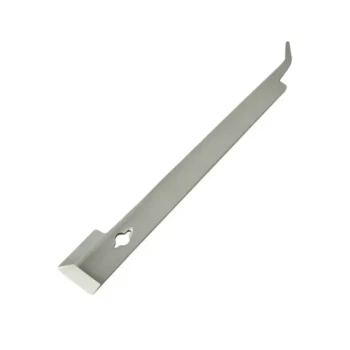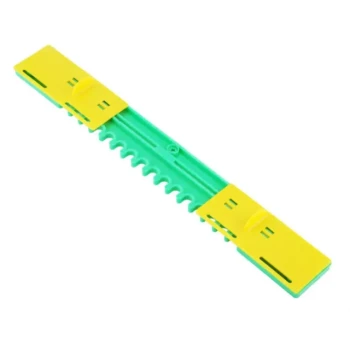At its core, honey bees don't have an emotional preference for wood, but they thrive in wooden nuc boxes because the material's physical properties closely replicate their ideal natural habitat. Wood offers a unique combination of insulation, breathability, and a textured surface that aligns perfectly with a honey bee colony's survival needs.
The widespread use of wood is not about a bee's "love" for the material, but a practical alignment with their biology. Wood's ability to manage temperature and moisture creates a stable internal environment, reducing stress on the colony and allowing it to focus on growth and production.
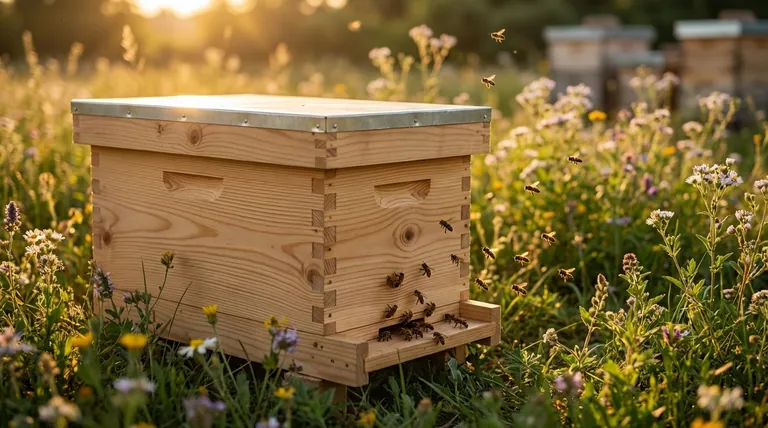
The Core Properties of Wood for Bee Colonies
A nuc (nucleus) box is a small hive used for starting new colonies, raising queens, or catching swarms. The material it's made from directly impacts the colony's ability to regulate its environment.
Natural Insulation and Thermal Mass
A honey bee colony's primary energy expense is thermoregulation—keeping the central brood nest at a stable 95°F (35°C).
Wood's cellular structure contains tiny air pockets, making it a natural insulator. It helps buffer the colony from drastic external temperature swings, keeping it warmer in the winter and cooler in the summer. This reduces the energy bees must expend, leading to a healthier and more productive colony.
Moisture and Breathability
Condensation is a major threat to a wintering colony. Moisture that drips back onto the bees can chill and kill them.
Wood is hygroscopic, meaning it can absorb and release moisture from the air. This "breathability" helps regulate the hive's internal humidity, wicking away excess moisture and preventing dangerous condensation from forming on the inner walls.
Texture and Propolis Adhesion
Honey bees use a resinous substance called propolis to seal cracks, drafts, and smooth over surfaces. It acts as a critical part of the colony's immune system by sterilizing the hive environment.
The natural grain and slightly rough texture of wood provide an ideal surface for bees to apply propolis, allowing them to effectively seal and secure their home according to their instincts.
Understanding the Trade-offs: Wood vs. Other Materials
While wood is the traditional standard, it's essential to understand its limitations and how it compares to modern alternatives. The "best" choice often depends on your climate and beekeeping style.
The Challenge of Wood: Durability and Maintenance
Wood's primary disadvantage is its susceptibility to the elements. Without protection, it will absorb water, rot, and warp over time.
Most wooden nuc boxes and hives require a coat of exterior-grade paint to protect them from sun and rain, adding a layer of cost and labor. They are also significantly heavier than their polystyrene or plastic counterparts.
The Case for Polystyrene (EPS)
High-density expanded polystyrene is a popular alternative known for its exceptional insulating properties, often rated many times higher than wood of the same thickness.
This superior insulation can be a significant advantage in regions with very cold winters or hot summers. However, it is not breathable, so proper ventilation is crucial. It can also be damaged by pests or the bees themselves if not dense enough.
The Case for Plastic
Plastic nucs are durable, lightweight, and non-absorbent, making them extremely easy to clean and sanitize between uses. This is a major benefit for preventing disease transmission.
Their lack of insulation and breathability are the main drawbacks. They heat up and cool down quickly, and managing internal moisture requires careful attention to ventilation.
Making the Right Choice for Your Goal
Your decision should be based on a clear understanding of the trade-offs between creating a natural environment and practical management considerations.
- If your primary focus is mimicking a natural habitat: Wood is the clear choice, as its breathability and thermal properties create an environment bees are biologically adapted to.
- If your primary focus is maximum insulation in extreme climates: A high-density polystyrene nuc will provide the best thermal performance, reducing winter food consumption and summer stress.
- If your primary focus is durability and disease management: Plastic offers longevity and the easiest sanitation, but you must be diligent about providing adequate ventilation for the colony.
Ultimately, a successful colony depends on a well-managed environment that provides security, stability, and dryness, regardless of the material you choose.
Summary Table:
| Property | Benefit for Honey Bees |
|---|---|
| Natural Insulation | Buffers temperature swings, reduces energy spent on thermoregulation. |
| Moisture Breathability | Prevents condensation, wicks away excess humidity for a dry hive. |
| Texture for Propolis | Provides ideal surface for bees to seal and sterilize their environment. |
Ready to provide your bees with the ideal habitat? At HONESTBEE, we specialize in high-quality wooden nuc boxes and beekeeping supplies designed for commercial apiaries and distributors. Our products support colony health and productivity by replicating natural hive conditions. Contact us today to discuss your wholesale needs and discover how our equipment can help your operation thrive.
Visual Guide
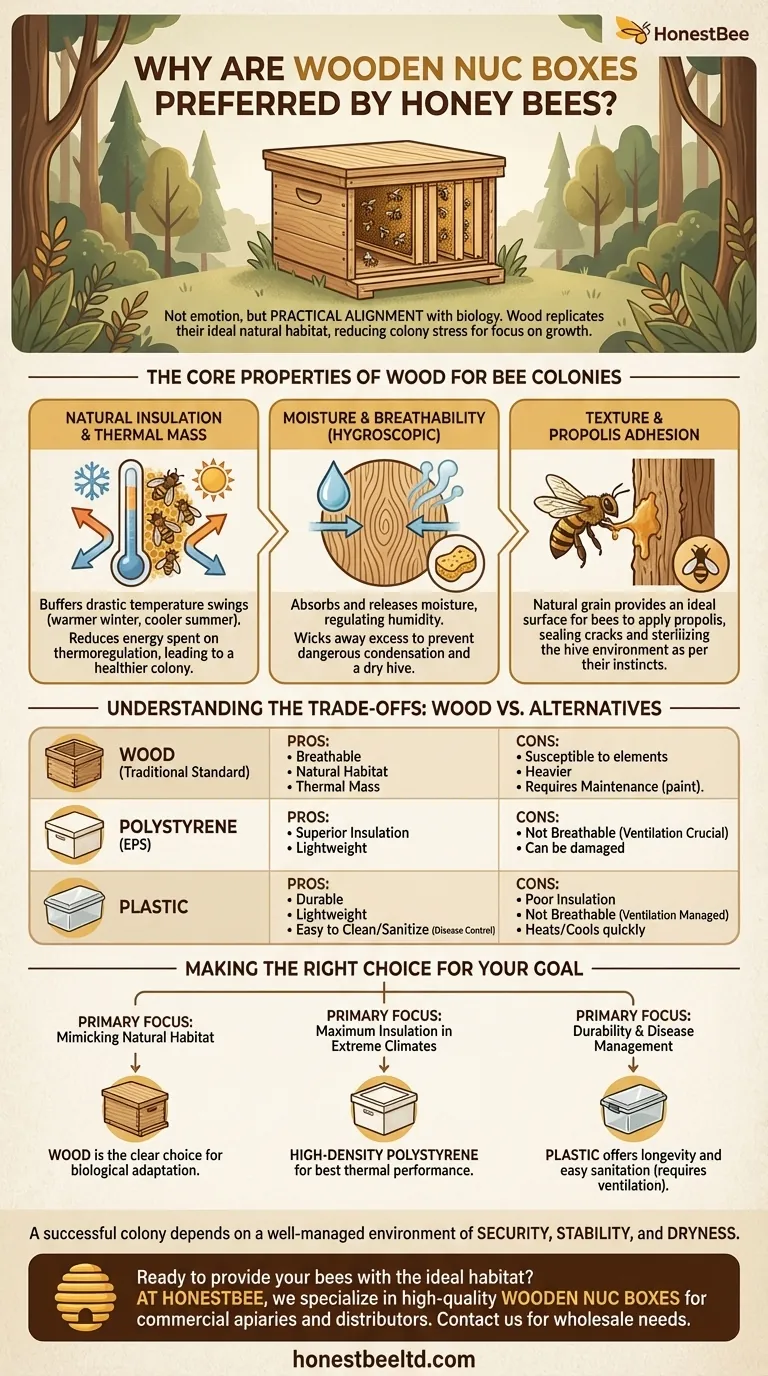
Related Products
- 5 Frame Wooden Nuc Box for Beekeeping
- Plastic Transporting Bee Packages and Nuc Boxes for Beekeeping
- Portable Bee Mating Hive Boxes Mini Mating Nucs 8 Frames for Queen Rearing
- 5 Frame Langstroth Poly Nuc Corrugated Plastic Nuc Boxes
- HONESTBEE Professional Long Handled Hive Tool with Precision Cutting Blade
People Also Ask
- What feeding feature is common in 5-frame nuc boxes? Explore Top-Feeding Innovation for Colony Growth
- What frames should be moved into the queenless hive when requeening with a nuc? Ensure a Successful Queen Introduction
- When can nucleus colonies (nucs) be created? Optimal Timing for Apiary Growth and Survival
- What is a common feature of many 5-frame nuc boxes? The Integrated Feeder for Efficient Colony Growth
- What is the advantage of overwintering a nucleus? A Strategic Asset for Beekeeping Success






